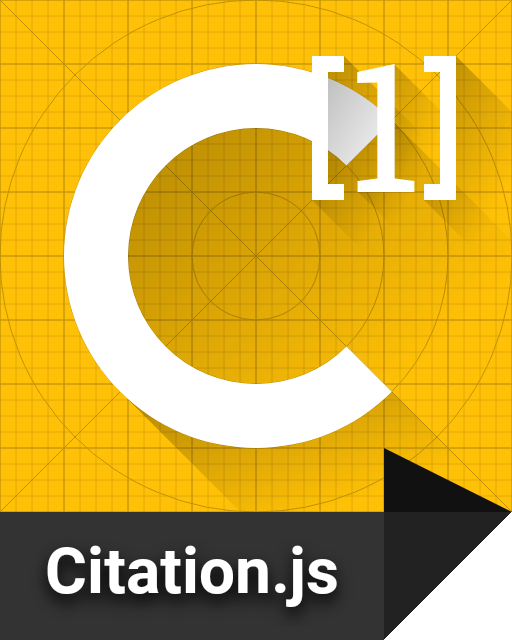@mastersthesis{2014:peshave:masters_thesis_learn_workflows,type={Master's thesis},publisher={University of Maryland, Baltimore County (UMBC)},school={University of Maryland, Baltimore County (UMBC)},institution={University of Maryland, Baltimore County (UMBC)},address={Baltimore, MD, USA},sn={1303977176},id={2014:peshave:masters_thesis_learn_workflows},year={2014},month={05},day={19},date={2014-05-19},title={Learning Hierarchical Workflows Using Community Detection},author={Peshave, Akshay},url={http://akshaypeshave.me/publications/masters_thesis/1303977176/index.html},note={Masters Thesis. Advisor: Oates, Tim. Order # 1558330}}
Learning Hierarchical Workflows Using Community Detection








